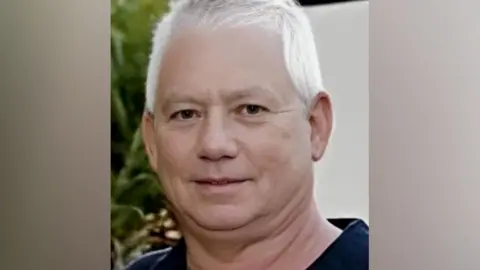Clark Oloffson, one of the individuals who played a pivotal role in the 1973 events that led to the coining of the term "Stockholm syndrome," has died at the age of 78, as confirmed by his family to online media outlet Dagens ETC. His demise followed a protracted illness.
The term “Stockholm syndrome” originated from a gripping six-day hostage situation that took place when Oloffson was involved in a bank robbery in Stockholm, Sweden. The robbery was primarily led by Jan-Erik Olsson, who took several hostages, including three women and a man. In an unusual twist, Olsson demanded that Oloffson be brought in from prison, given their prior friendship. Consequently, Swedish authorities acquiesced to the demand, allowing Oloffson to enter the bank amidst a tense standoff with police outside.
What transpired during the hostage situation was extraordinary; several hostages began to display empathy toward Oloffson and Olsson, even defending their captors’ actions while expressing distrust and hostility toward law enforcement. Kristin Enmark, one of the hostages, notably communicated with the Swedish prime minister via phone, fervently advocating for her captors. She pleaded, "I fully trust Clark and the robber... They haven't done a thing to us," describing their treatment as unexpectedly kind during the ordeal.
Following a six-day siege, the standoff concluded when police raided the bank, deploying tear gas to subdue the perpetrators. It was telling that, in the aftermath, many hostages refused to testify against either Oloffson or Olsson, further fueling discussions about the psychological implications of such experiences.
The phrase "Stockholm syndrome" was articulated by criminologist Nils Bejerot to capture the contradictory nature of victim-captor relationships seen in this case. The phenomenon was referenced again in subsequent high-profile cases, including the kidnapping of media heiress Patty Hearst, which brought further attention to the subject.
Despite the outpouring of interest, there has been considerable debate surrounding the legitimacy of "Stockholm syndrome" as a psychiatric diagnosis. Critics argue that it may simply reflect a coping mechanism in stressful conditions rather than a distinct psychological condition. Enmark herself has vehemently refuted the notion of Stockholm syndrome, labeling it a means of victim-blaming; "I did what I could to survive," she stated in a podcast interview.
Oloffson was known for his repeated offenses and spent a significant portion of his life incarcerated, last being released in 2018 after serving time related to a drug charge in Belgium. His legacy extended to popular culture; in 2022, he was portrayed by actor Bill Skarsgård in the Netflix series "Clark."





















